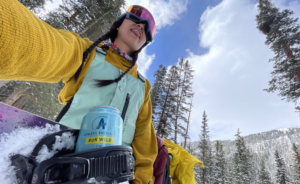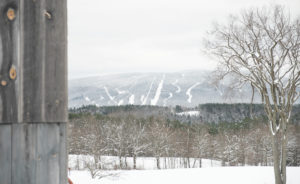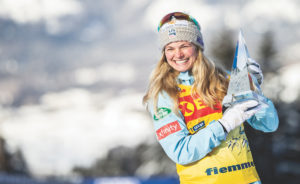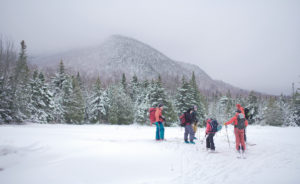
There has been a push toward living a healthier lifestyle in recent years, especially among millennials and Gen Z-ers. Healthier meat alternatives like the Beyond Burger and Impossible Burgers have made appearances at major fast-food chains, and social media feeds are filled with constantly changing fitness trends.
But nowhere is this shift in healthy habits clearer than in the outdoor industry. Skiers and snowboarders are opting to skin, or hike, to the top of their lines, “earning their turns” rather than riding the lift, in part due to the health benefits associated with the activity. Climbers like Alex Honnold have publicly adopted vegan diets, promoting both the environmental and health benefits. Online training programs designed specifically for climbers, skiers, mountain bikers and runners have become increasingly popular.
Looking to keep up with this active and healthy lifestyle trend is the $551 billion global beer industry through the introduction of non-alcoholic craft beers. While non-alcoholic beer is nothing new (it’s been available for decades, especially in Muslim countries with stringent alcohol regulations, European countries, and even in the U.S. during Prohibition), the industry has seen an obvious boom in the past few years. In fact, according to the latest figures from IWSR Drinks Market Analysis, which specializes in providing data, analysis and insights for the global alcoholic beverage market, non-alcoholic beer in the U.S. grew by 22 percent in volume and 32 percent in value last year alone. It is expected to grow by 58 percent in volume and 55 percent in value during 2021, outpacing non-alcoholic beverages as a whole, including non-alcoholic wine and cocktails.
Cody Flody, who grew up in New Hampshire’s White Mountains and has spent the past 10 years brewing for the Moat, Smuttynose and Foundation breweries, is now the head brewer at the Mount Washington Valley’s Ledge Brewing Company. He has seen this major shift in the brewing industry firsthand.




